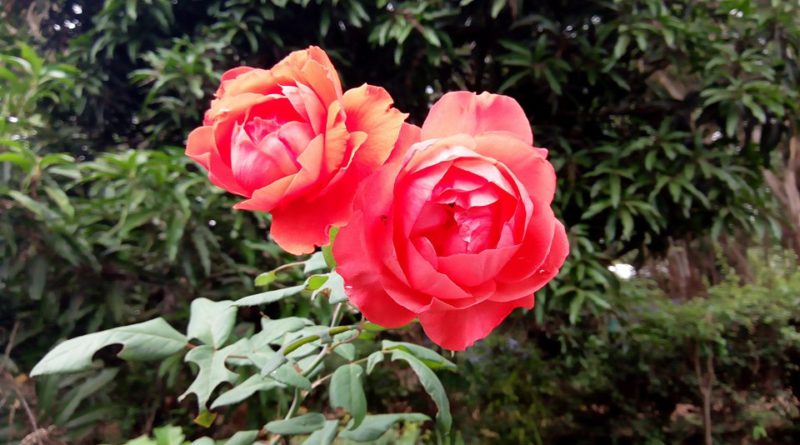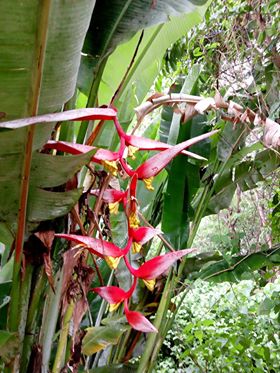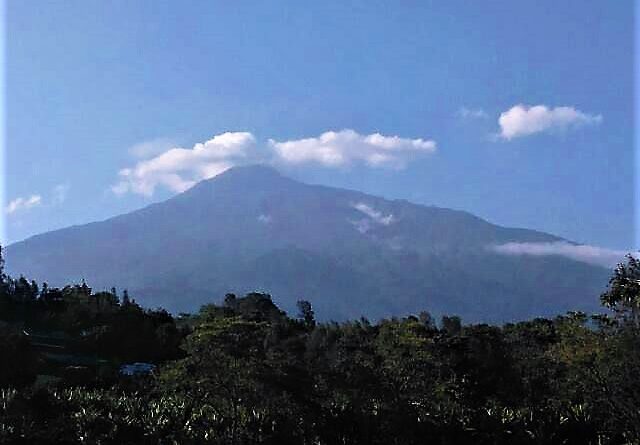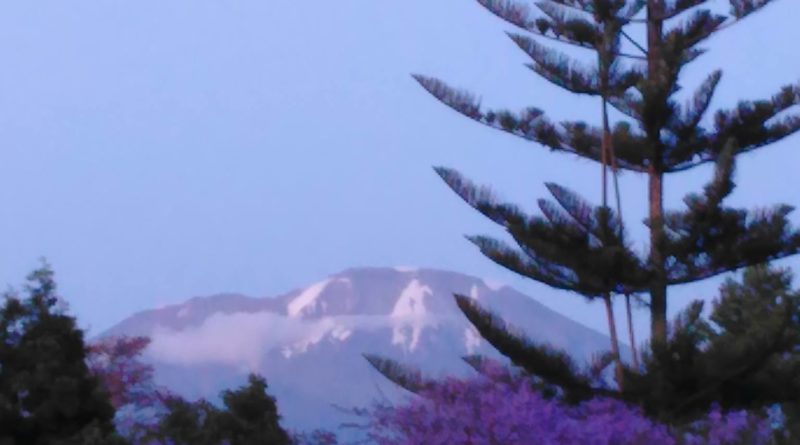Advent at 3.37º South by Mark Rich
My wife and I have recently moved to the tropics, to Tumaini University Makumira near Arusha, Tanzania. We are so blessed to be living on a beautiful campus in the midst of the garden that God has planted around Mt. Meru! Unlike much of Tanzania, the climate around the great mountain[1] is lush, the very soil is black and fertile, all year round giving forth small hills of vegetables, maize, rice, and fruits to feed not only the local population but also those in Dar es Salaam and Nairobi.
We are now receiving the short rainy season. (The short and long rainy seasons are of course the blessings without which no other blessings come!) Cool cloudy periods alternate with sunny hot ones. In the tropics the sun is so intense that whenever it comes out the day turns hot, even in a cool season. Yet nighttimes are reliably cool, so even the hot days are more bearable. Our altitude moderates the daytime heat.
Amid all these blessings, the seasonal markers of the temperate lands are missing. We don’t have the crisp cold snaps of the fall and their resultant color displays of leaves, followed by the losses of the dying out of the summer, the lessening length of days, and the sere dark months of winter. The northern hemisphere Christmas carols such as The First Noël, Cold December Flies Away, In the Bleak Midwinter, ‘Twas in the Moon of Wintertime, On Christmas Night, Lo, How a Rose E’er Blooming (“…it came, a flowret bright, amid the cold of winter, when half-spent was the night”) have little sensory – and thus spiritual – resonance at 3 degrees south of the equator. We cannot attach our spiritual temperatures to the outward deprivations of the climate and our bodies.
Yet there is no lack of lacking here in the tropics too. Climate change here means more drought overall, even while there may be some rains that are more intense. Over the years Kilimanjaro grows ever more naked, inexorably losing its historic glaciers. The storms of human politics never abate here, just as elsewhere. A great change may be coming at long last to Zimbabwe – but will it be good, and will it last? Or will the mighty ones of the land decide once again to resort to blood?
The rapine of this massive continent continues on, with elephants slaughtered for the pleasure of foreign wealthy fools/oppressors. (Insert your own references here.) Indigenous corruption oppresses not only directly through impoverishing public goods such as education and health care, but even more through the poverty of spirit, the crushed hope that government of the people, by the people, and for the people might be truly born and live. The steady bleed of refugees, political and economic, continues from too many places here.
Our corporate and personal sins continue to ravage and oppress us, wherever God has planted us. The gross selfishness and greed of our rulers covenant with our own selfishness and greed to ensnare us all in the coils of multitudinous sin. The creation is forced, still, to suffer all the predations we force upon it. The powerful ones of the United States are about to force a whole series of economic and social disasters upon us, our loved ones, our communities, and our earth – and they do it at least partly with our connivance, and they know it.
Come, Lord Jesus! You do not connive with the powerful ones of the earth, nor with us. You never plot evil, but only pour out good. You show us, over and over and over, the coils of our sins and you help us, through your gracious power, to slip them and live free. We need you now as much as ever, maybe more. Come, Lord Jesus! Please be for us not only our Savior for the life after this life, but also our Lord for the world to come that is being born now amid the dying pains of this world.
Come, Lord Jesus!
Mark Rich serves as a Lecturer in Systematic Theology and New Testament at Tumaini University Makumira, near Arusha, Tanzania. He is an ordained Pastor in the Evangelical Lutheran Church in America, and holds degrees from the University of Chicago, Lutheran School of Theology at Chicago, and Northwestern University. He enjoys life and service with his wife and misses his three kids a lot.
[1] Meru is a mere 50km away from its much more famous cousin Kilimanjaro, and suffers in reputation accordingly. But Meru is nonetheless a mighty mountain at 14,977 feet, and it creates its own temperate and lush climatic zone.





